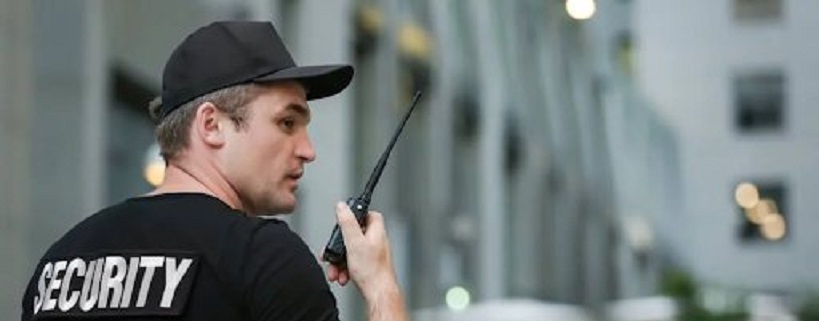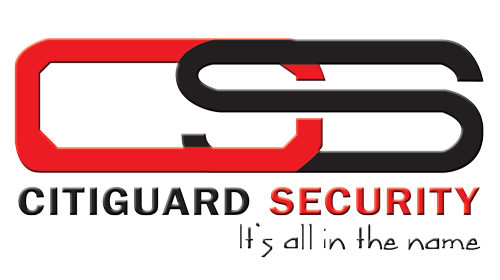
Door Supervisor FAQ
Q1: Is Door Supervisor Frontline or Non Frontline?
Ans: There are two sorts of SIA license: a frontline license, which is required if undertaking the licensable activity, aside from key-holding activities. And a non-front line license, which is necessary for those that manage, supervise, and employ individuals who engage in licensable activity, as long as no frontline activity is administered. In addition, a key-holding license is required when keeping custody of or controlling access to any key or similar device for operating a lock, with specific qualifications. Licensing of auto immobilizers applies to Northern Ireland only.
In July 2016, the SIA introduced a replacement online licensing system, allowing individuals to register for online accounts and apply for or renew licenses online. The website also allows individuals to vary their details remotely. Companies can register for online business accounts and have access to new products, like watch lists, which permit them to see the licensed status of their staff. In addition, SIA-approved contractors have access to License Management and License Assist services, allowing them to use online on behalf of the consenting team.
Q: 2 Can a door supervisor work as a security guard?
Door Supervisors and Security Guards are two sides of an equivalent coin. These both are closely related in purpose but with differing amounts of authority and responsibility. At the same time, a licensed door supervisor can act as a security guard.
Moreover, even with the specified license, a security guard cannot take the place of a door supervisor. Furthermore, a security guard can add a spread of non-licensed premises, including the retail and company sectors. Security guards aren’t licensed to figure on-premises that let alcohol consumption. While a watchman’s role could vary, counting on the client and industry, the essential elements of the role are ensuring smooth functioning within the premises. It is often done by ensuring the security of the purchasers, general public, and staff who frequent the premises and provide the property’s protection. It’s also the safety guard’s job to watch the environment, working to stop and discourage any appearance of disorderly conduct or theft, and report any suspicious occurrences or potential threats to police as appropriate.
Q3: Can a door supervisor arrest someone?
And the answer is yes. They can, but not as you’ll think. Door Supervisors can arrest, but this power isn’t exclusive to those that add the safety sector and hold an SIA badge. It’s an influence that each member of the general public has, whether they are Bus drivers or Security guards.
Q4: Can you be a door supervisor with a criminal record?
You may still be ready to get an SIA license, albeit you’ve got criminal offenses on your record. However, things that show you would possibly be a risk to the general public or that you simply aren’t suitable to figure within the private security industry for an additional reason, like dishonest behavior. So, does a record stop you from getting a job? The solution is – not necessarily. Most employers recognize that the individuals make mistakes. And if your conviction isn’t relevant to the role you’re applying for, they’ll overlook it. The SIA carries out a regular record check on a person who applies for a license. If you have a record, it doesn’t necessarily mean that you simply won’t get a license. The SIA will make their decision consistent with whether the offenses are included within the list of crimes.
Q5: Can a door supervisor use CCTV?
With a Door Supervisor License, you’ll undertake CCTV-2 activities. These are classed as using CCTV only to spot a trespasser or to guard property. However, if you would like to hold out the other activities using CCTV equipment like tracking individuals, you’ll need the SIA Public Surveillance (CCTV) License.
A CCTV (closed-circuit television) operator works during a central room, monitoring and controlling a bank of screens. These are linked to surveillance cameras placed publicly in places, buildings, and places like construction sites, to detect and stop crime and protect people. Excellent written or verbal and communication skills are required for using CCTV. However, the safety Officer must be calm and struggling. The Operator must have CCTV experience to operate it properly. Comprehensive working knowledge of MS Office, Outlook, Word, and Excel.
Q6: What is the role of a CCTV supervisor?
Responsible for ensuring all cameras are operational, serviced and ready to undertake all functions e.g. pan, tilt and zoom etc. ready to add the CCTV operator role with full responsibility for the way the cameras are deployed. CCTV Operators are mainly liable for operating and maintaining surveillance equipment, watching both live and recorded video surveillance footage, reporting incidents or suspicious behavior and contacting the authorities when necessary. CCTV Operators are often employed at hospitals, housing complexes, gated communities, airports, malls, schools, and other establishments.
Regardless of the sort of institution they work for, the role of a CCTV Operator is comparatively uniform across the board. They’re charged with maintaining center equipment, watching multiple monitors directly, noting any unusual occurrences, and interacting with enforcement officers. Typically, CCTV Operators will report back to a higher-level staff member, like a CCTV Supervisor or CCTV Manager, and can be expected to take care of a high level of fastidiousness, professionalism, respect, and integrity in the least times.
